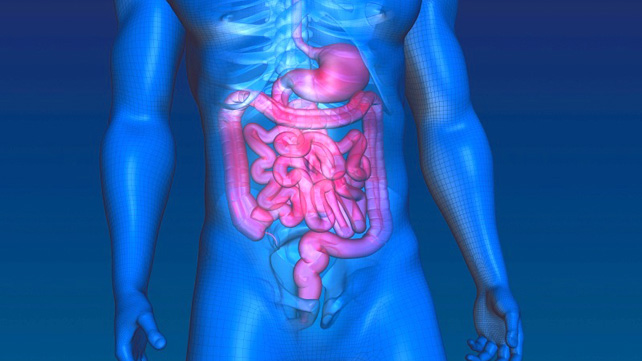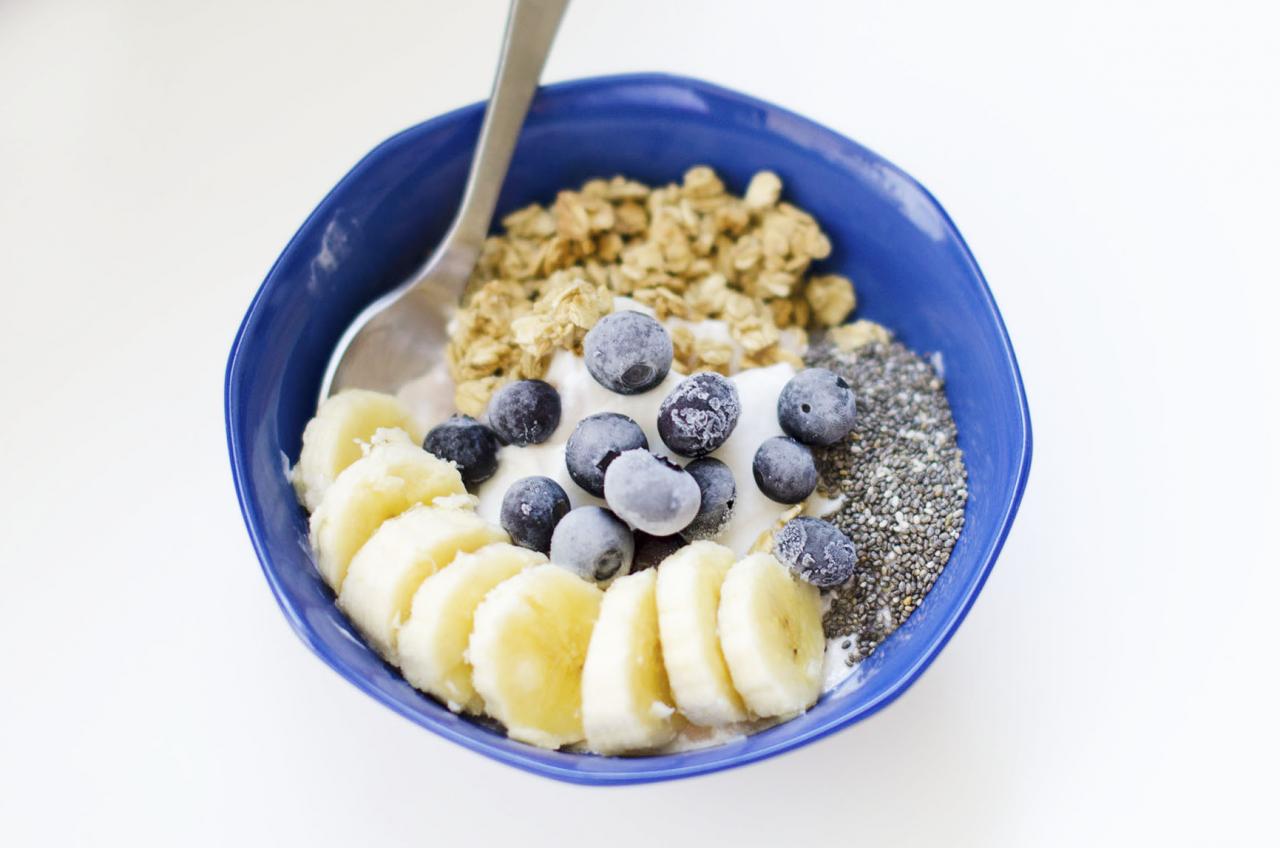 iStock
iStock
Dr. Arun Swaminath is the director of the inflammatory bowel disease program at Lenox Hill Hospital in New York City. We asked Dr. Swaminath to discuss how to achieve and maintain remission from Crohn’s disease so that you can live symptom-free.
What is remission?
The definition of remission is changing. Doctors used to think of remission simply in terms of controlling symptoms. Achieving remission now means stopping symptoms as well as inflammation.
Another way to think of remission is as a span of time when your disease becomes inactive or quiet. During remission, Crohn’s symptoms, such as diarrhea or weight loss, may go away completely.
How long does remission last?
Each person is different. Remission can last anywhere from days or weeks to years. If the disease is mild or if treatments are working very well, prolonged periods of remission (a year or longer) are quite possible.
Is there a certain diet I should follow?
There’s no single Crohn’s disease diet that works for everyone or is guaranteed to help you achieve remission.
Some people with Crohn’s disease have dietary triggers for their symptoms, while others don’t.
Talk to your doctor if you think certain foods may be causing you to feel sick. You may need to try a few different things before finding the diet that helps you feel your best.
Do I still need medicine when I’m in remission?
The short answer is yes. There are two phases of treatment. There’s induction, or getting symptoms under control and into remission. There’s also maintenance, or keeping someone in remission for as long as possible.
Some medications, including corticosteroids, are used primarily for induction. Other medications are for maintenance. Some medicines, such as biologics, may be used for both.
It’s important to continue on whatever therapy your doctor has prescribed, even if you’re feeling good and have no symptoms. Missing medications can cause symptoms to flare.
When your doctor has determined that there is no gastrointestinal inflammation and the digestive tract has healed, you may be able to de-escalate therapy, or stop taking some drugs. This should be done only under medical supervision.
What can cause my Crohn’s to flare?
It’s hard to know why disease symptoms flare up. Sometimes there isn’t an obvious reason.
Some factors that can increase the risk of a Crohn’s flare include:
- smoking
- missing or skipping medications
- psychological stress
- taking nonsteroidal anti-inflammatory drugs (NSAIDs)
NSAIDs are medicines such as ibuprofen (Advil, Motrin), aspirin, and naproxen (Aleve).
What if my Crohn’s won’t go into remission?
Medicines can help the majority of people with Crohn’s achieve remission, but they don’t help everyone. Some people can have very severe symptoms and inflammation that doesn’t go away with medication.
Surgery might be an option for some people with hard-to-treat disease. Surgery can be used to unblock an area of the intestine that has become obstructed or blocked. Also, damaged pieces of the digestive tract can be surgically removed to help keep the inflammation from spreading to surrounding tissue.
It’s important to remember that surgery doesn’t cure Crohn’s disease. Most patients are able to achieve remission for a period of time after surgery.
My Crohn’s is in remission. What questions should I ask my doctor at my next check-up?
If you’ve achieved remission, it may be time to ask your doctor to re-evaluate your therapy.
You may be able to de-escalate your current medications, or try an alternative medication. New drugs are constantly being introduced for Crohn’s disease. Ask your doctor if you could benefit from a new therapy. However, never stop taking a medication without first consulting your doctor.
Read more in Crohn's Disease Resources


